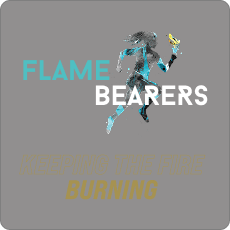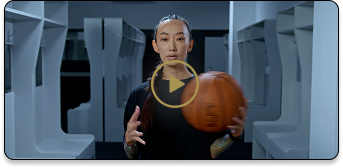Dr. Seun Adigun is the first African to compete in both the Summer and Winter Olympics. She spearheaded the first female bobsled team from her country, and track and field runner but that’s not all, she’s also a biomechanist, chiropractor and founder. According to Dr. Adigun, “You have to pave the way so that others can follow.” She’s deeply dedicated to making sure that while she was the first, she’s not the last. In today’s episode, we discuss her commitment to diversity and equity within the Olympic movement.
Contributing guests (in order of appearance) include Dr. Ketra Armstrong (Professor of Sport Management, Director of the Center for Race and Ethnicity and Sport, School of Kinesiology, University of Michigan), Carlos Mader (Ghanian Olympic Skier), and Chichi Nwaorie (Dr. Seun’s friend and colleague).
Media clips from the following sources:
-Accelerate TV’s YouTube, ‘Accelerate News – Meet Seun Adigun, The Founder Of The Nigerian Bobsled Team’
-TODAY’S YouTube, ‘Nigerian Bobsled Team To Make Olympic History In Pyeongchang | Sunday TODAY’
VOTE TO SUPPORT FLAME BEARERS:
As mentioned in the episode, we are finalists in the Signal Awards in two separate categories: Diversity, Equity and Inclusion for our spotlight on Deja Young, and Public Service and Activism for our spotlight on Ukranian athletes. Please cast your vote to support both of our episodes here (you can vote once in each category): https://bit.ly/FlameBearersSignal
APPLY TO THE FLAME BEARERS FELLOWSHIP
Application here: bit.ly/FlameBearersFellowship
This Fellowship will arm the next generation of women leaders with digital storytelling skills. Fellows will learn how to tell compelling stories via various digital mediums, become ambassadors for the Flame Bearers brand, and network with others passionate about elevating women’s voices.



